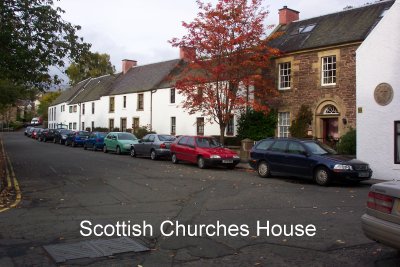Recent Developments and Overall Trends
in the Relationship between Religion, Law and State in Europe
Ronan McCrea
23 January 2014
Introduction
There are two main issues where European law affects religion: the relationship between religious freedom and antidiscrimination laws and the role of religious symbols in public life and what influence European norms are having in these areas. There is also an overall trend that I think is having a significant impact on approaches to those issues in Europe.
Anti-discrimination laws and exemptions
Religion has a particularly complicated relationship to non-discrimination as religious bodies and institutions make two very distinct and in some ways conflicting demands of the law in this area.
On the one hand, religious individuals claim legal protection from discrimination. That is why the law prohibits discrimination on grounds of religion in areas such as employment. For religious freedom to be properly protected, individuals should, for example, not be fired from their jobs because their employer disapproves of their religious choices.
On the other hand, religious institutions and individuals sometimes seek the right to discriminate, normally by refusing to employ someone in order to protect the ethos of a religiously-owned institution or by refusing to provide goods or services to a person, usually in order to avoid condoning or facilitating sinful conduct.
Continue reading “Recent Developments and Overall Trends in the Relationship between Religion, Law and State in Europe”


